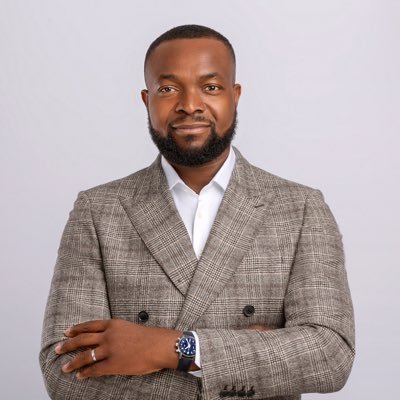The Federal Government, through the Minister of Communications, Innovation, and Digital Economy, Bosun Tijani, has defended the recent 50 per cent hike in telecom tariffs despite widespread criticism from advocacy groups, subscribers, and the threat of legal action.
Speaking on Tuesday during a budget defense session with lawmakers, Tijani attributed the tariff increase to surging inflation and the rising cost of imported goods.
He explained that operational challenges facing telecom operators made the adjustment unavoidable.
“Rising inflation and operational costs are the reasons for the recent tariff increase,” Tijani said.
He also highlighted the government’s ongoing efforts to enhance connectivity nationwide, including the ambitious 90,000-kilometre fibre project.
Tijani pointed out the historical reliance on private investment in the telecom sector, which often focuses on economically active areas.
He remarked, “Historically, we’ve left investment in telecommunications infrastructure to private companies. These companies base their investments on data like night-time satellite imagery, which shows economic activities in lit-up areas. Naturally, they invest where they can profit.”
Despite the government’s justification, the tariff hike has drawn sharp criticism.
The National Association of Telecoms Subscribers (NATCOMS) and the Socio-Economic Rights and Accountability Project (SERAP) have described the increase as excessive and burdensome. Both groups have vowed to challenge the decision if it is not reversed.
NATCOMS President, Adeolu Ogunbanjo, revealed plans to negotiate with the Nigerian Communications Commission (NCC) to reduce the hike to a 10 per cent increase.
“While we might accept a modest tariff increase of five to 10 per cent, anything beyond that is unacceptable. If our discussions fail, we will pursue legal action,” Ogunbanjo stated.
Similarly, SERAP issued a 48-hour ultimatum, demanding the reversal of the hike. In a statement on its X account, the group said, “The Tinubu administration and telcos must immediately reverse the unlawful increase in calls and data costs. If not reversed within 48 hours, we’ll see you in court.”
Subscribers, especially low-income earners, have voiced concerns, arguing that the hike exacerbates the cost of living and limits access to essential communication services.
The NCC, which approved the tariff adjustment on Monday, defended the move, citing the need to address escalating operational costs.
While telecom operators initially proposed a 100 per cent hike, the regulator capped the adjustment at 50 per cent, marking the first review since 2013.
Reuben Muoka, the NCC’s Director of Public Affairs, explained that the decision was a careful balance between protecting consumers and ensuring the telecom industry’s sustainability.
“The NCC has prioritized striking a balance between consumer protection and maintaining the industry’s viability, which supports thousands of Indigenous vendors and suppliers,” Muoka said.
Acknowledging the economic challenges faced by Nigerians, the NCC emphasized the need for transparency in implementing the new tariffs.
“The NCC recognizes the financial strain on Nigerian households and businesses. We’ve mandated that operators implement these adjustments transparently and fairly,” the statement read.


